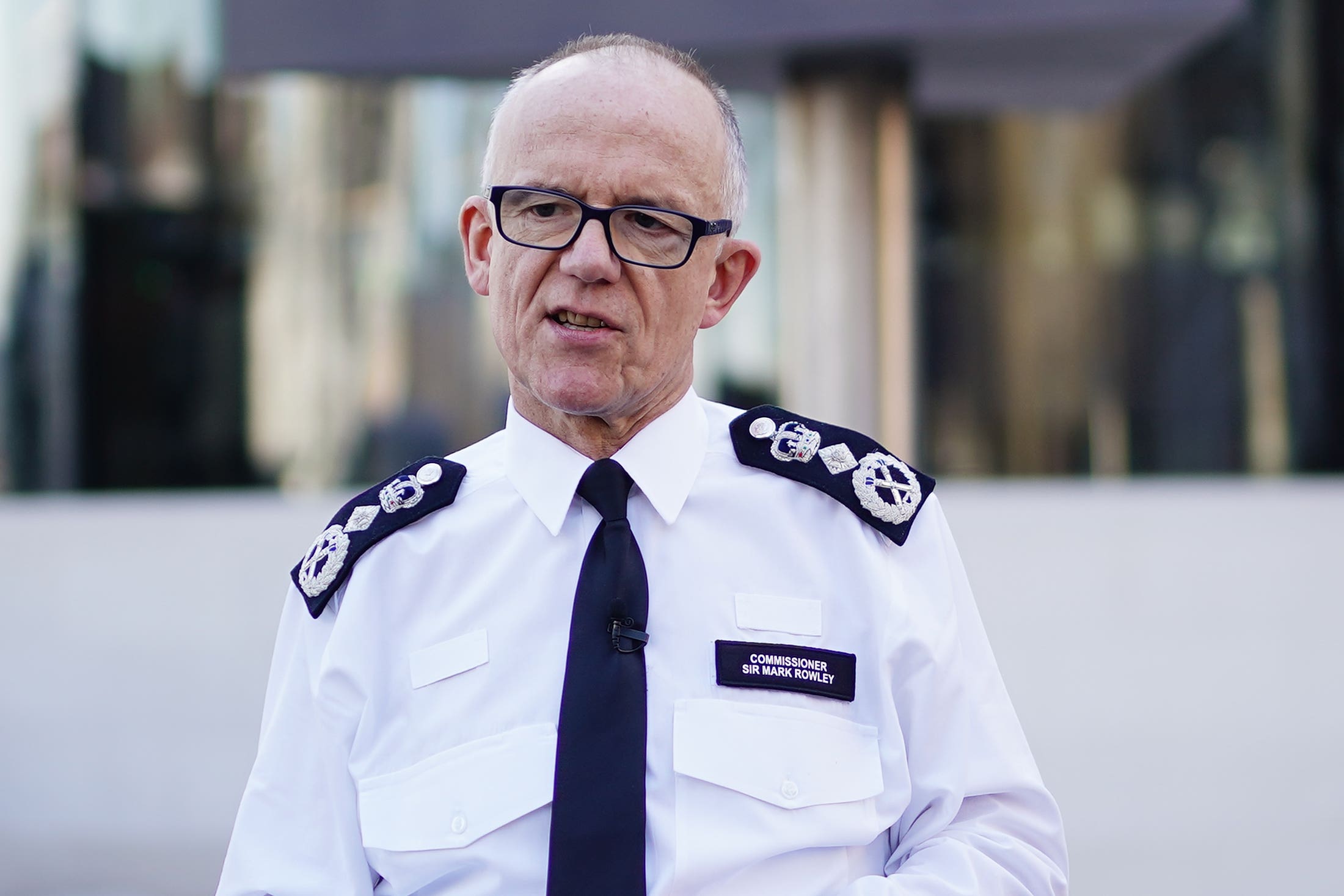Met Police launch Race Action Plan to rebuild trust with black community
The plan includes a new charter aimed at resetting how stop and search is carried out.

Your support helps us to tell the story
From reproductive rights to climate change to Big Tech, The Independent is on the ground when the story is developing. Whether it's investigating the financials of Elon Musk's pro-Trump PAC or producing our latest documentary, 'The A Word', which shines a light on the American women fighting for reproductive rights, we know how important it is to parse out the facts from the messaging.
At such a critical moment in US history, we need reporters on the ground. Your donation allows us to keep sending journalists to speak to both sides of the story.
The Independent is trusted by Americans across the entire political spectrum. And unlike many other quality news outlets, we choose not to lock Americans out of our reporting and analysis with paywalls. We believe quality journalism should be available to everyone, paid for by those who can afford it.
Your support makes all the difference.The Metropolitan Police have launched the latest steps to try to rebuild trust with London’s black community which has been “let down” over a number of years.
Met Commissioner Sir Mark Rowley said “there remains a long way to go and there is a lot more work to do”, but added that the Race Action Plan is a step “in the right direction”.
It includes a new stop and search charter, designed with the help of black communities, aimed at resetting how the procedure is carried out.
Tensions over stop and search have included the treatment of two black athletes, Team GB runner Bianca Williams and her partner, Portuguese sprinter Ricardo Dos Santos.
Two Met constables were sacked in October 2023 after after a disciplinary panel found their actions during a “highly distressing” stop and search amounted to gross misconduct.
Trust in the force was also damaged after a 15-year-old black girl – known as Child Q – was strip searched while on her period at her school in Hackney in 2020.
An overhaul of the force’s policy on intimate searches of children to increase the “threshold and oversight, ensuring they only occur when necessary and proportionate”, is also part of the measures.
The Met says it wants to better represent the communities it serves and is working to recruit and retain a more diverse workforce.
All new recruits are being trained to understand the experience of black Londoners and other communities across the capital, according to the Met.
Disparities in the Met’s misconduct system are also being tackled, while new workshops to improve promotion rates have helped to raise pass rates for black officers from 68% to 75% since 2021.
Updates on the progress of the plan will be given twice yearly.
The aim is for the Met to become “a truly anti-racist and inclusive organisation”, according to Sir Mark.
He said: “Black Londoners have been let down by the Met over many years and while we continue to take steps in the right direction, there remains a long way to go and there is a lot more work to do.
“Action, not words, will rebuild trust in our service, so we must now remain focused on delivering real change that is seen and felt by our communities and our workforce.
“We are changing our systems, our processes, culture and our leadership. We are better understanding and acting on disproportionality wherever it exists.
“We are working more closely than ever with communities we’ve let down to build a service that delivers for all of London.
“To achieve this critical change once and for all will take time, but I am determined that we will continue to strengthen our relationship with black Londoners – whether that be members of the public or our own colleagues – and renew the principle of policing by consent.”